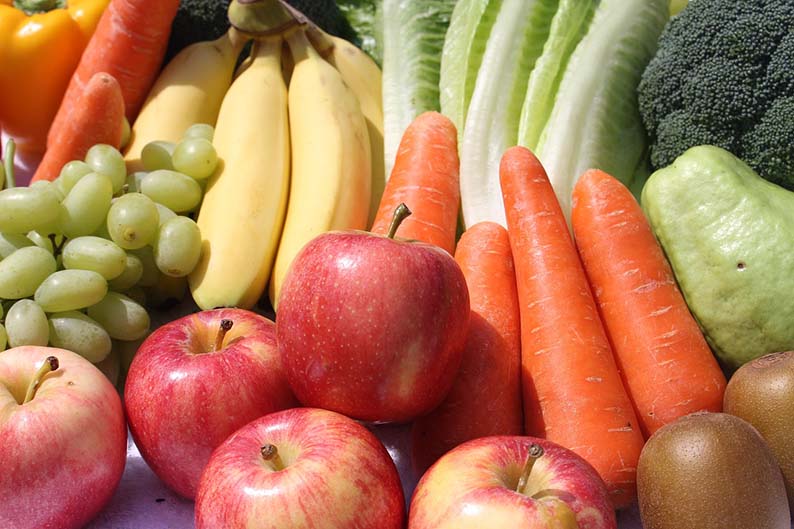The Cyprus Consumers Association has reported a significant increase in retail prices for fresh fruit and vegetables compared to producer prices with retailers the big winners.
This is because the issue affects not only consumers but also producers, who are not compensated in line with the prices paid by consumers.
In a statement released on Monday, the association highlighted the impact of fresh fruit and vegetable prices on household budgets. A survey covering 30 types of fruits and vegetables revealed concerning data that supports consumer fears of excessive retail price hikes.
The survey results showed that for 27 out of 30 items, the gross profit margin on the price paid to retailer – effectively the middleman between producers and consumers – exceeded 107 per cent. The association considers a “reasonable total gross profit margin” to be between 50-60 per cent over the producer price.
The markup on local bananas reached 171 per cent, while cherry tomatoes saw a 120 per cent increase. The association acknowledged additional costs for ripening and packaging for these items.
Strawberries showed a 107 per cent increase, eggplants and carrots both exhibited a 97 per cent markup, and onions were priced 92 per cent higher than the producer cost. These figures were calculated based on the average prices from April 18, 2024, to July 4, as published by the agriculture ministry through the e-basket app.
The association also indicated that there is a significant issue in the marketing of fresh fruits and vegetables leading to excessive retail price increases.
“This problem should be addressed as soon as possible by the relevant authorities,” the statement said, stressing the need for appropriate measures because the issue affects consumers during a prolonged period of high prices and producers who are not fairly compensated.
The association pointed out that from 1969 to 1998, the maximum profit margins on the retail sale price of fruits and vegetables were regulated by decrees.
These margins remained unchanged for 29 years, suggesting they were considered reasonable by all parties involved. Additionally, from 1991 to 1998, wholesalers of perishables were required to issue receipts to producers within three days of selling the goods. These receipts detailed the quantity and price of the goods sold, the total amount of money received, and the commission charged for their services, which averaged 15 per cent.
The association concluded that addressing this issue is crucial for ensuring fair pricing for both consumers and producers.







Click here to change your cookie preferences